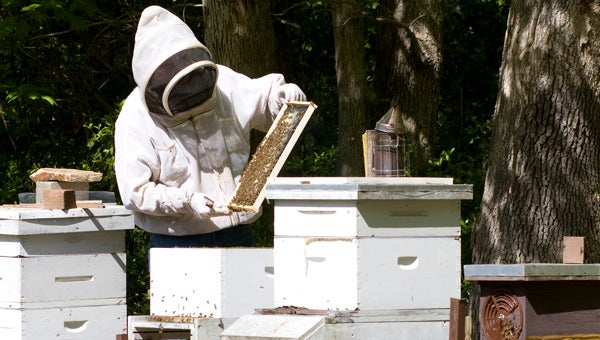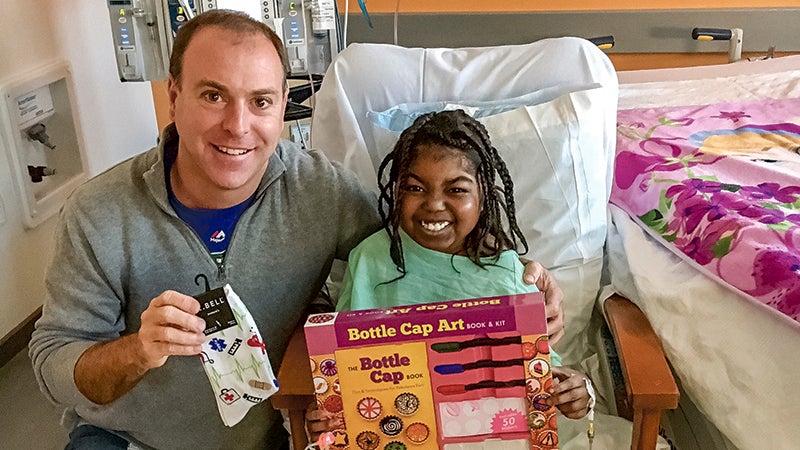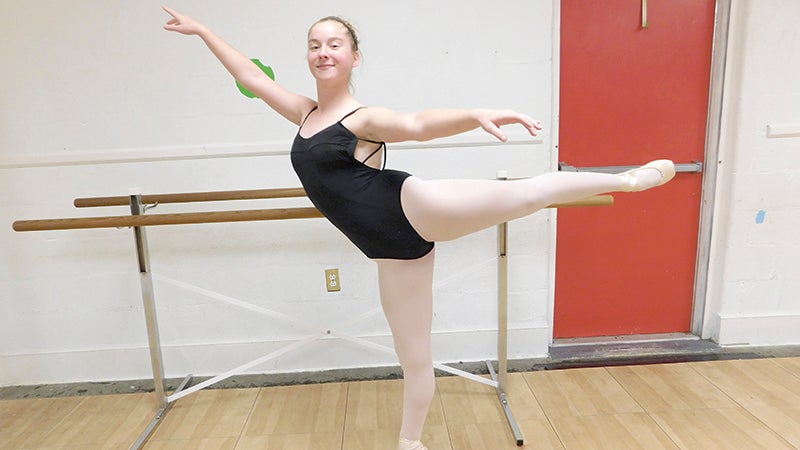Cold stings bee colonies
Published 10:11 pm Monday, July 28, 2014

On his property near Chuckatuck, Sean Kenny inspects a beehive. Along with other beekeepers, Kenny lost more colonies last winter due to colder conditions. He says other factors also contributed, including the varroa mite.
Last year’s cold winter was mostly just inconvenient for humans, but for honeybees it was a little more problematic.
“We normally have pretty mild winters, but we had a good cold snap at the end, and a lot of beekeepers didn’t get a chance to go check on their bees,” said Leon Knight, a Suffolk beekeeper.
As a result, according to Knight, there wasn’t enough sugar in their hives for bees to make it through the nasty weather between January and April.
Combined with other factors, the cold caused the demise of almost a third of Virginia’s honeybee colonies between October and April, according to the eighth annual “Bee Informed” national survey.
While Knight and his wife tend between 10 and 15 hives, allowing them to keep themselves plus family and friends in honey with enough surplus to sell intermittently, another Suffolk couple, Sean and Jan Kenny, are apiarists on a larger scale.
Sean Kenny said they’re now running 60 colonies. But this winter, he said, they lost about 20 percent of their colonies, mostly due to the cold.
Hampton Roads winters are typically relatively mild, and beekeepers were lulled into a false sense of security.
Virginia’s colony loss rate last winter was almost 50 percent higher than the national average, according to the survey. But even the one-in-three loss rate for Virginia bee colonies during the 2013-2014 winter was an improvement over the previous year, when Virginia lost nearly 45 percent of its bee colonies.
“This BIP (Bee Informed Partnership) survey confirms what we already know — we continue to lose bees at an alarming rate in Virginia,” Keith Tignor, Virginia state apiarist at the Virginia Department of Agriculture and Consumer Services, stated in a news release.
The stakes are high: “These pollinators are essential for the development of our crops and crucial to the state’s $52-billion agriculture industry. In fact, insect-pollinated plants are the direct or indirect source of approximately one-third of our human diet,” Tignor said.
Kenny points out that colony losses last winter were also higher than the national average in surrounding states: 35 percent in North Carolina, 37 percent in Maryland and 52 percent in West Virginia, for instance.
He also notes a degree of statistical variation in the partnership’s study — respondents and the number of colonies studied were not uniform between the states, and in many cases samples were small.
“I don’t think we should quote those numbers as exact,” he said.
Kenny also cites the varroa mite as taking a toll on “pretty much every colony in Hampton Roads and elsewhere.” It serves as a vector for diseases and parasites that wipe the bees out, he said.
Commercial beekeeping faces additional pressures, he said, and he also pointed to the potential “unknown ramifications” of some pesticides.
“Various things have come together that can potentially have disastrous impacts,” he said.
Genetics is the key, according to Kenny. Breeding honeybees that are better adapted to fighting varroa mite is the best chance of turning around the decline, he argues.
The Kennys have received a two-year grant from Virginia to help them breed a superior strain of bees through artificial insemination.
“We’re continuing on that path right now, to make bees more robust to that particular threat,” he said.
“If we can do that, the other stresses won’t combine in a such a way” that causes such widespread colony die-off.
Every colony lost costs a beekeeper about $1,500, according to Kenny. But the cost to the nation is much higher.
“This does require our attention nationally,” he said. “This is a substantial thing, because of our dependence on honeybees. We need to continue finding out why bees are not surviving.”





